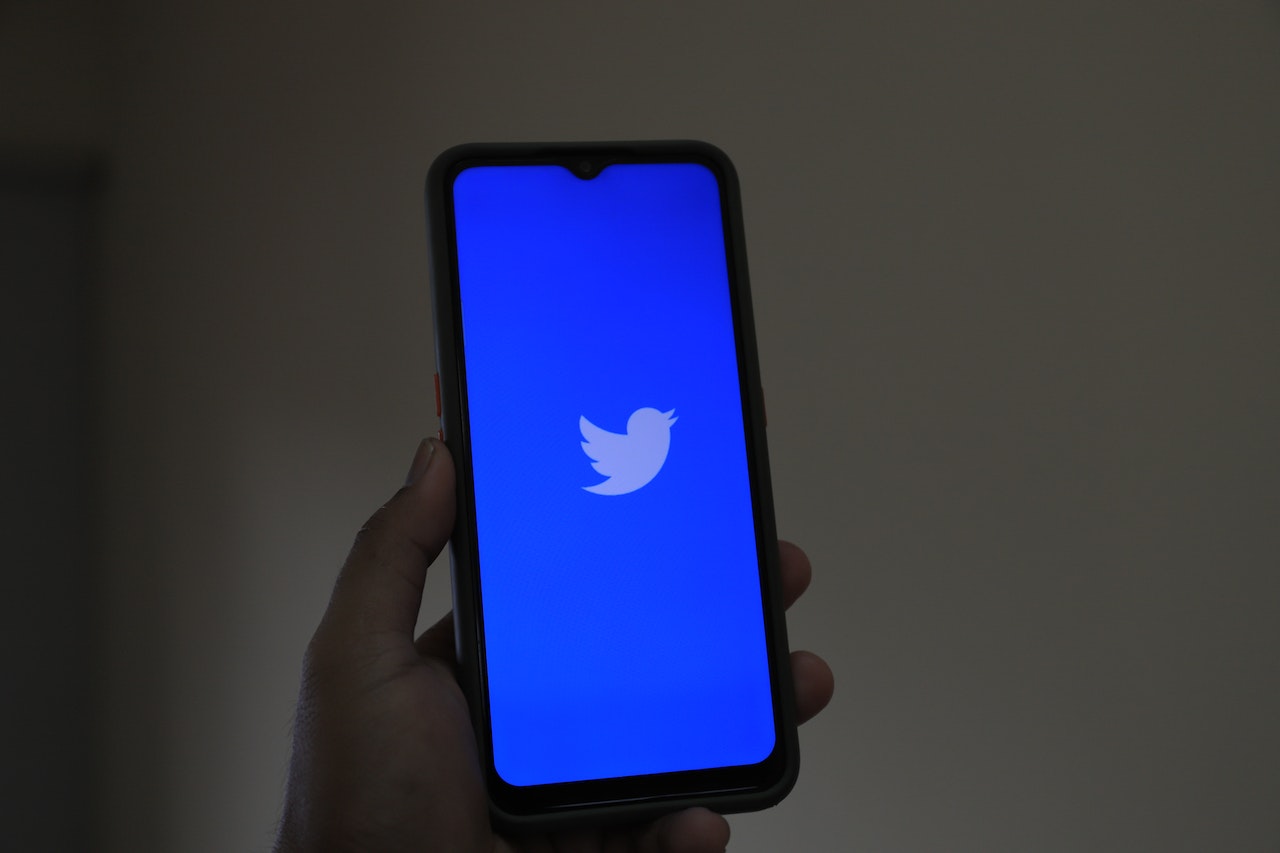The Dark Side of the Spotlight: Navigating the Murky Waters of American Influencer Scandals
The world of social media has given rise to a new breed of celebrity: the influencer. With millions of followers hanging on their every post, influencers wield significant power over consumer trends, cultural conversations, and even political discourse. But with great power comes great responsibility – and, as we’ve seen time and again, great potential for scandal.
The Allure and Peril of Influence
The influencer economy is booming. Brands are pouring billions of dollars into partnerships with these online personalities, hoping to tap into their engaged audiences. For influencers, the rewards can be immense: lucrative endorsement deals, sponsored travel, and the kind of lifestyle most people only dream of.
However, this seemingly idyllic world is often built on a foundation of carefully curated images and meticulously crafted narratives. When the facade cracks, the consequences can be devastating.
Common Types of Influencer Scandals
Here’s a look at some of the most prevalent types of scandals that have plagued the American influencer landscape:
-
Authenticity Breaches:
- Fake Engagement: Buying followers or using bots to inflate likes and comments. This undermines the genuine connection with an audience and deceives brands.
- Undeclared Ads: Failing to disclose sponsored content, misleading followers into believing a product endorsement is an honest, unbiased opinion. The Federal Trade Commission (FTC) has strict guidelines on transparency in advertising, and influencers who violate these rules can face hefty fines.
- Misrepresenting Products/Services: Promoting products or services that are ineffective, dangerous, or outright fraudulent.
-
Ethical Lapses:
- Cultural Appropriation: Adopting elements of marginalized cultures without understanding or respecting their significance.
- Insensitivity and Tone-Deafness: Making insensitive comments or posts about sensitive topics, often in pursuit of attention or engagement.
- Promoting Harmful Content: Endorsing products or ideas that promote unhealthy body images, dangerous behaviors, or harmful stereotypes.
-
Personal Conduct Controversies:
- Racist or Discriminatory Remarks: Making public statements that reveal prejudiced beliefs or attitudes.
- Online Bullying and Harassment: Engaging in cyberbullying or contributing to online harassment campaigns.
- Legal Troubles: Facing accusations of fraud, assault, or other crimes.
Recent Scandals: A Case Study
To illustrate the impact of influencer scandals, let’s examine a few notable examples:
- The Tati Westbrook vs. James Charles Feud: This 2019 feud exposed the cutthroat world of beauty influencers and the lengths some will go to for personal gain. Accusations of betrayal, lies, and manipulation led to a massive fallout for both influencers, highlighting the importance of integrity in the influencer community.
- "Fyre Festival": While not solely focused on influencers, the Fyre Festival debacle showed the power of influencer marketing to promote a fraudulent event. Influencers were paid to promote the festival without properly vetting its legitimacy, leading to a wave of criticism and lawsuits.
- Lifestyle Influencer: Some lifestyle influencers were found to be "faking" their luxurious lifestyles by renting or borrowing expensive items and locations for social media content. This revelation sparked outrage among followers who felt deceived.
The Fallout: Consequences for Influencers and Brands
When an influencer scandal erupts, the consequences can be far-reaching:
- Loss of Followers and Engagement: Scandals often lead to a mass exodus of followers who feel betrayed or disillusioned.
- Damaged Reputation: An influencer’s reputation can be permanently tarnished, making it difficult to secure future brand partnerships.
- Brand Backlash: Brands that partner with scandal-ridden influencers risk damaging their own reputations and alienating their customers.
- Legal Repercussions: Influencers who engage in deceptive or illegal practices may face lawsuits, fines, or even criminal charges.
Navigating the Minefield: Tips for Influencers and Consumers
-
For Influencers:
- Prioritize Authenticity: Be genuine and transparent with your audience.
- Disclose Sponsored Content: Follow FTC guidelines and clearly label all sponsored posts.
- Do Your Research: Thoroughly vet the products and services you promote.
- Be Mindful of Your Conduct: Uphold ethical standards and avoid engaging in harmful behavior.
- Take Responsibility: If you make a mistake, own up to it and apologize sincerely.
-
For Consumers:
- Be Skeptical: Don’t blindly trust everything you see on social media.
- Do Your Own Research: Don’t rely solely on influencer endorsements when making purchasing decisions.
- Look for Transparency: Pay attention to whether influencers disclose sponsored content.
- Support Ethical Influencers: Follow and engage with influencers who prioritize authenticity and integrity.
- Hold Influencers Accountable: Speak out against unethical behavior and demand greater transparency.
The Future of Influencer Marketing
The influencer landscape is constantly evolving. As consumers become more savvy and skeptical, influencers will need to adapt to survive. Authenticity, transparency, and ethical conduct will be more important than ever. Brands, too, will need to be more selective in their partnerships, choosing influencers who align with their values and have a proven track record of integrity.
Conclusion
Influencer scandals serve as a cautionary tale about the perils of unchecked power and the importance of ethical behavior in the digital age. By being more mindful of the content they consume and the influencers they support, consumers can help create a more transparent and responsible influencer ecosystem.

